These lesson plans aim to help secondary school students (11 to 18-year-olds) examine critically information they receive online through websites, social media, pictures and data and to develop skills and methods to help determine what is real.
Useful Resources for Adults who work with Young People
Catherine grew up in a family that lived an alternative lifestyle. When social media became a big part of her life, she became a huge believer in anti-vaccine conspiracy theories.
Childnet has produced this guidance to help parents and carers and their children talk about the important issue of online sexual bullying – specifically when this is happening between children of around the same age (9-12 years old).
Andrew Hall, safeguarding specialist, has collated sources of support for children who are victims of domestic abuse.
The LGBTQ+ Index of Harms is broken down into the strands from the Education for a Connected World Framework. Each strand of the framework is summarised into at least one likely harm.
Do you need parental controls? What are the options? Do they really work? Here's everything you need to know about the wide array of parental control solutions, from OS settings to monitoring apps to network hardware.
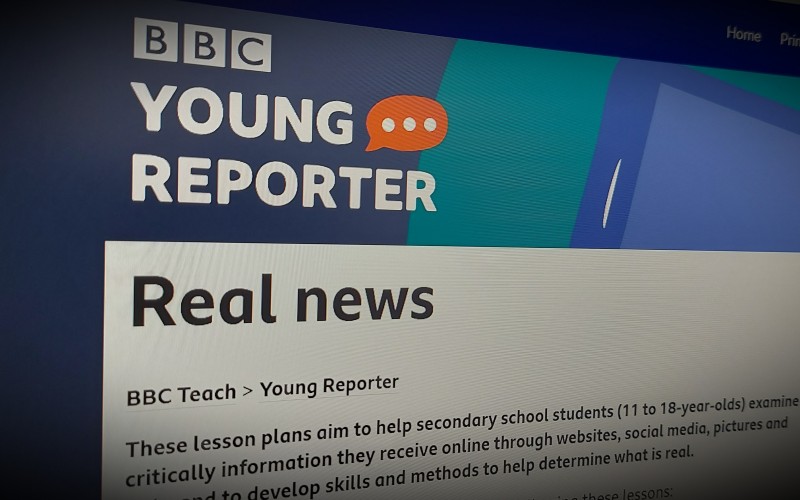

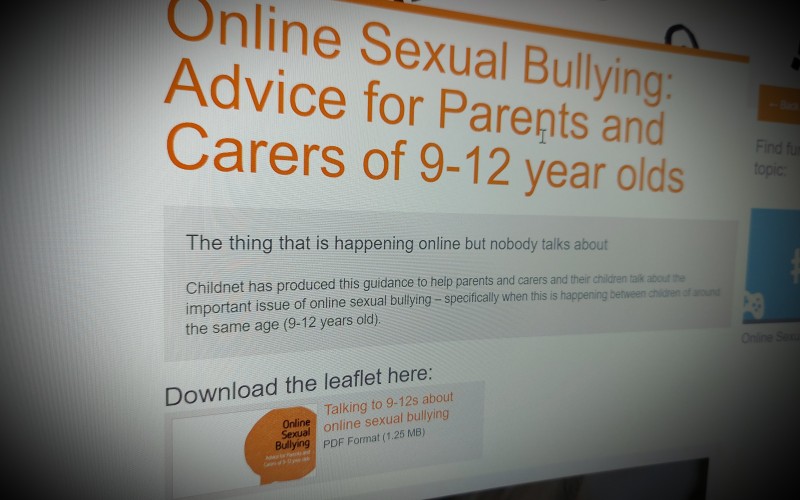
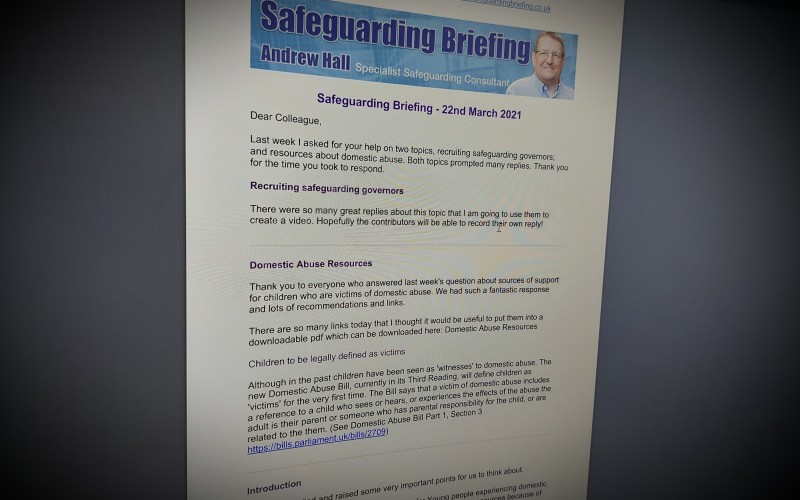
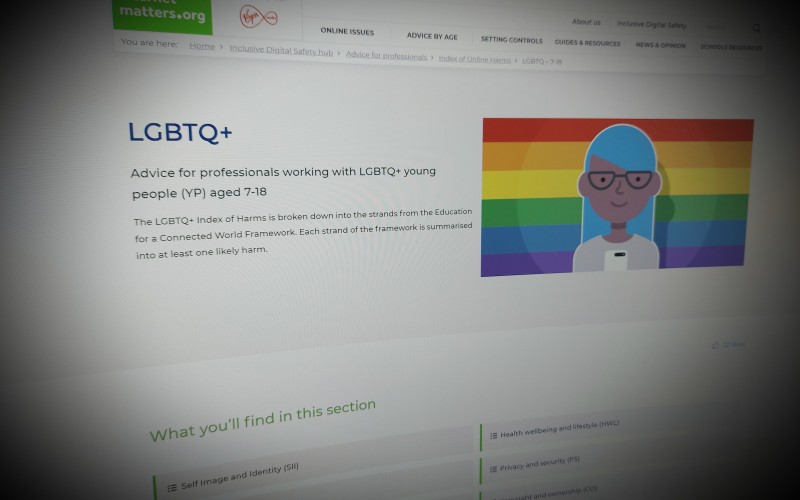
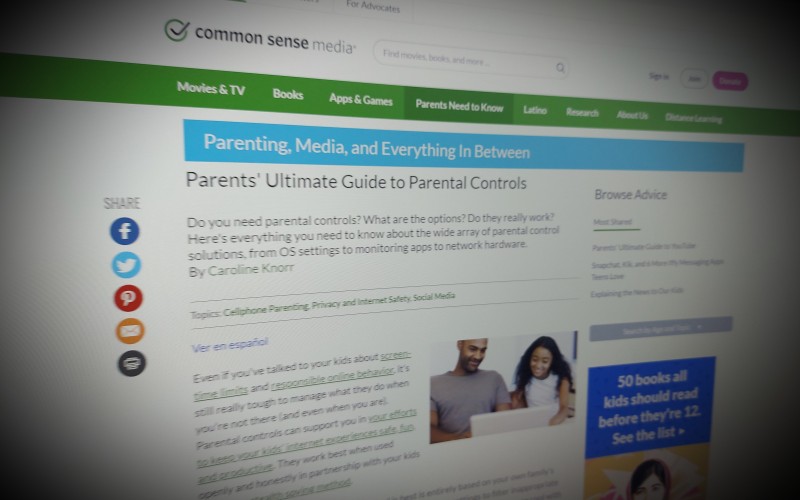
Comments
make a comment